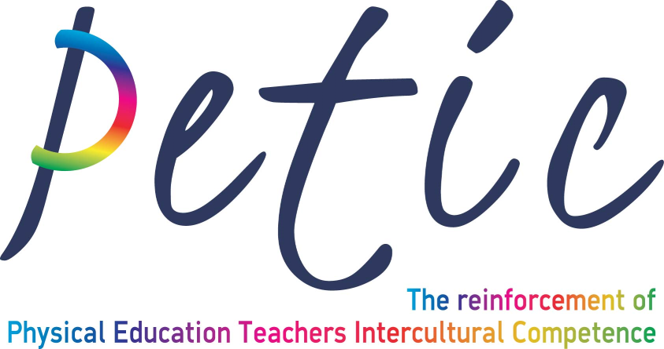The project at a glance
-
Start date:01 Nov 2022
-
Duration in months:36
-
Funding:Co-funded by the Erasmus+ Programme of the European Union
-
Principal Investigator(s):Alina Sarah LEMLING
Organisation and Partners
- Faculty of Humanities, Education and Social Sciences (FHSE)
- Institute for Teaching and Learning
- Aristotle University of Thessaloniki – Greece (Coordinator)
- European Physical Education Association (EUPEA)
- Institute of Educational Policy – Greece
- Historical Trnava University – Slovakia
- Horizontes – Greece
- University of Luxembourg – Luxembourg
Project team
- Alina Sarah LEMLING, PI
- Biljana POPESKA, Project member

